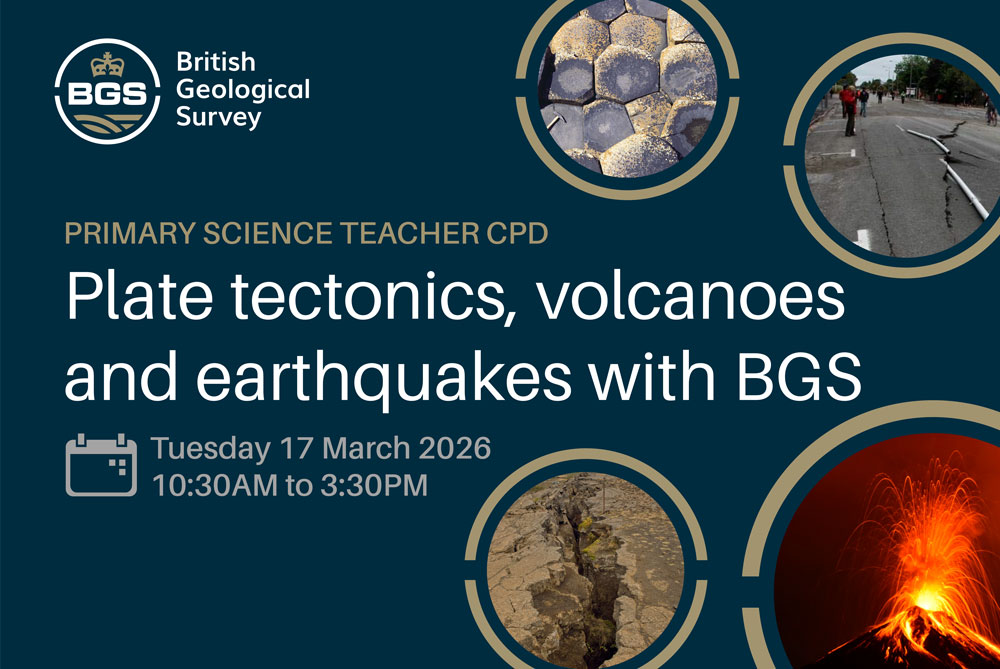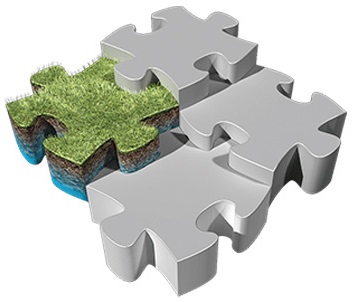Groundwater provides drinking water for over two billion people around the world and is essential for irrigating 40 per cent of the world’s crops, as well as supporting many other industrial uses. Despite this, it continues to be poorly understood, lacks effective management and is subject to significant pollution pressures. As a result, it has become an unsustainable resource in many areas of the world, even though the UN’s Sustainable Development Goals (SDGs) recognise water as being key to sustainable development. SDG 6 is to Ensure availability and sustainable management of water and sanitation for all. Water also underpins many of the other SDGs.
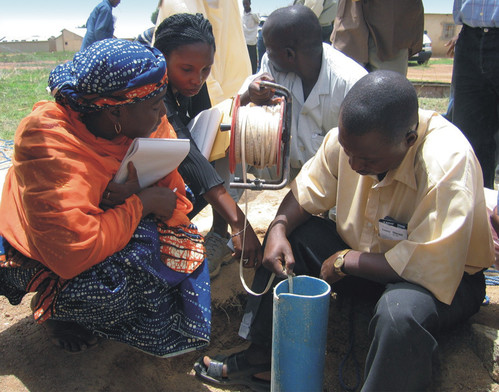
Evaluating the yield of a borehole at a BGS-run training course in Nigeria. © UKRI.
We have a long history of international groundwater research and developing tools for groundwater management. Our projects span a wide range of subject areas, reflecting our breadth of expertise and the range of issues facing many in the world. They include:
- mapping groundwater resources
- helping provide the tools and training needed to develop groundwater resources
- assessing and understanding natural groundwater quality issues and implications for health, such as fluoride and arsenic
- helping to monitor groundwater pollution and find ways to protect groundwater resources
- researching how groundwater resources are affected by droughts, changing land use and climate change
- working in interdisciplinary teams with socio-economists and political scientists to ensure that solutions are effective and sustainable
- collating and sharing data and information, e.g. Africa Groundwater Atlas
Some examples of our research are provided below but more can be found on our dedicated groundwater website.
Africa Groundwater Atlas and Literature Archive
The Africa Groundwater Atlas, compiled by the BGS, contains information of the hydrogeology of 51 African countries and provides links to a wider body of knowledge, including the Africa Groundwater Literature Archive. This archive is a searchable online database that catalogues nearly 7000 references for literature about groundwater in Africa, with thousands of links to free-to-download full text documents and abstracts.
The archive is funded by NERC’s UPGro research programme and the BGS National Capability programme.
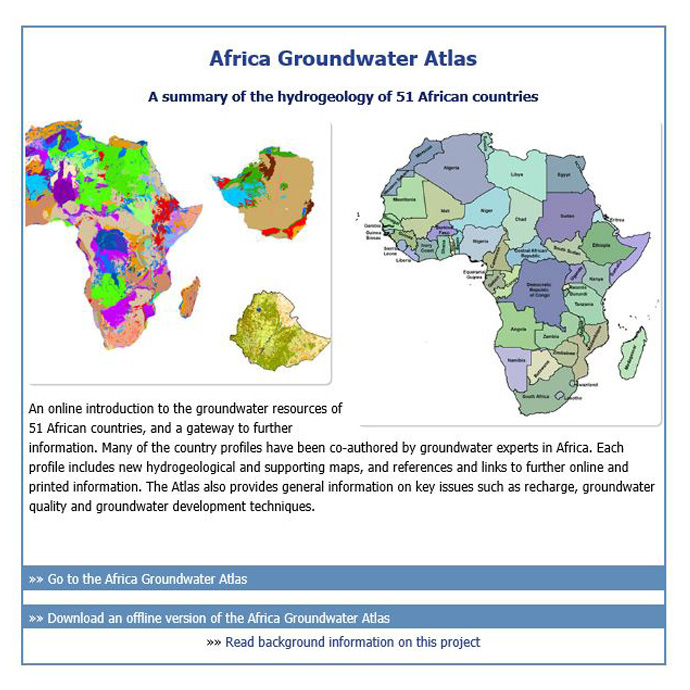
The front page for the Africa Groundwater Atlas. © BGS.
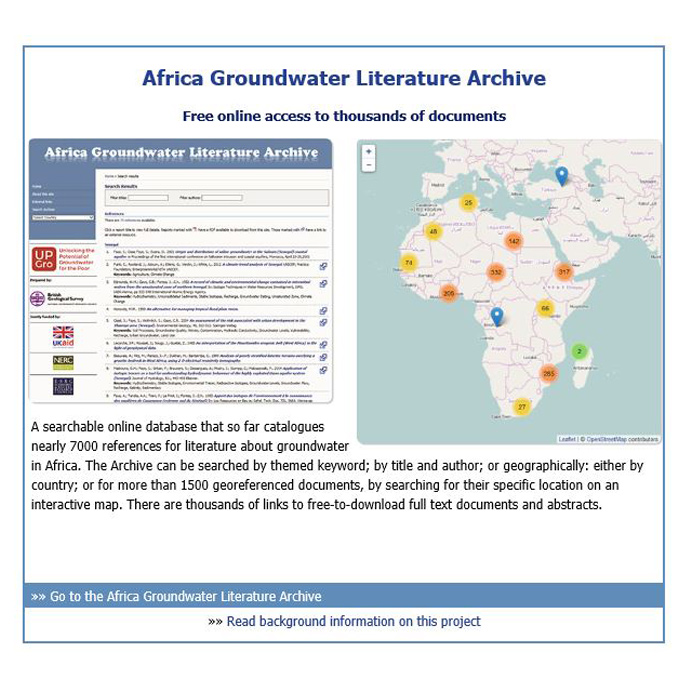
The front page for the Africa Groundwater Literature Archive. © BGS.
Groundwater and health
We have been working with the charity WaterAid to characterise the quality of groundwater in the 28 countries around the world in which WaterAid works. Understanding natural groundwater quality is just as important as investigating pollution, as some natural constituents in the water, such as arsenic, fluoride and molybdenum, can be toxic and a risk to health. In recognition of this, the World Health Organization (WHO) has set limits for drinking water for these and a wide range of other substances.
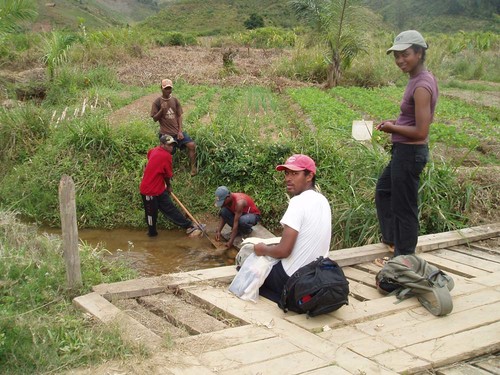
Water sampling in Madagascar. © BGS.
We produced a series of water quality factsheets for WaterAid by country and by element. These are used to inform the siting of new boreholes and water supplies to minimise the risk to health and highlight where there might be health concerns from existing drinking water sources.
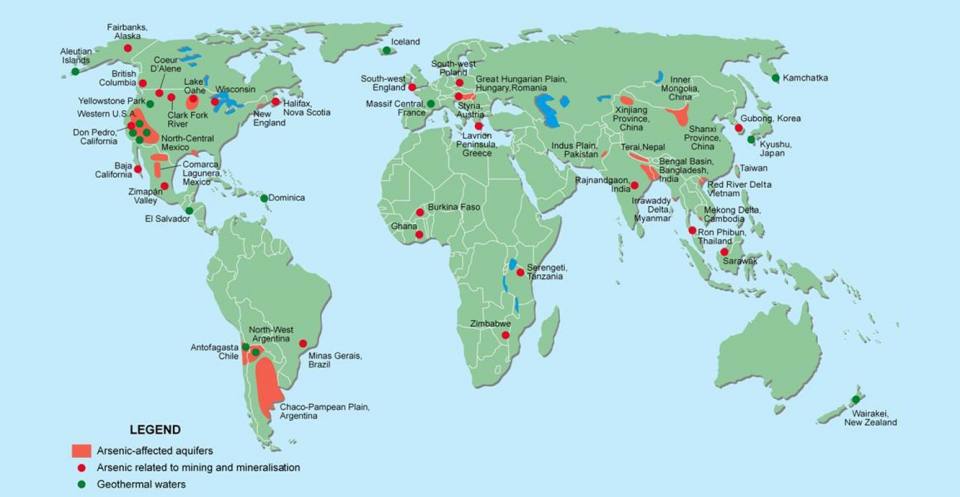
Documented problems with arsenic in groundwater (Smedley and Kinniburgh, 2013).
Smedley, P L. 2008. Sources and distribution of arsenic in groundwater and aquifers. In Arsenic in Groundwater: A World Problem. Appelo, T (editor). International Association of Hydrogeologists Publication 5, 4–32. (Utrecht, Netherlands: IAH.)
Contact
If you want to discover more then please contact Alan MacDonald.
Relative topics

Funding awarded to map the stocks and flows of technology metals in everyday electronic devices
12/02/2026
A new BGS project has been awarded Circular Electricals funding from Material Focus to investigate the use of technology metals in everyday electrical items.

New UK/Chile partnership prioritises sustainable practices around critical raw materials
09/02/2026
BGS and Chile’s Servicio Nacional de Geología y Minería have signed a bilateral scientific partnership to support research into critical raw materials and sustainable practices.

Extensive freshened water confirmed beneath the ocean floor off the coast of New England for the first time
09/02/2026
BGS is part of the international team that has discovered the first detailed evidence of long-suspected, hidden, freshwater aquifers.

Funding secured to help mitigate ground risk in UK construction sector
05/02/2026
The BGS Common Ground project has been awarded new funding to help unlock the value of ground investigation data.
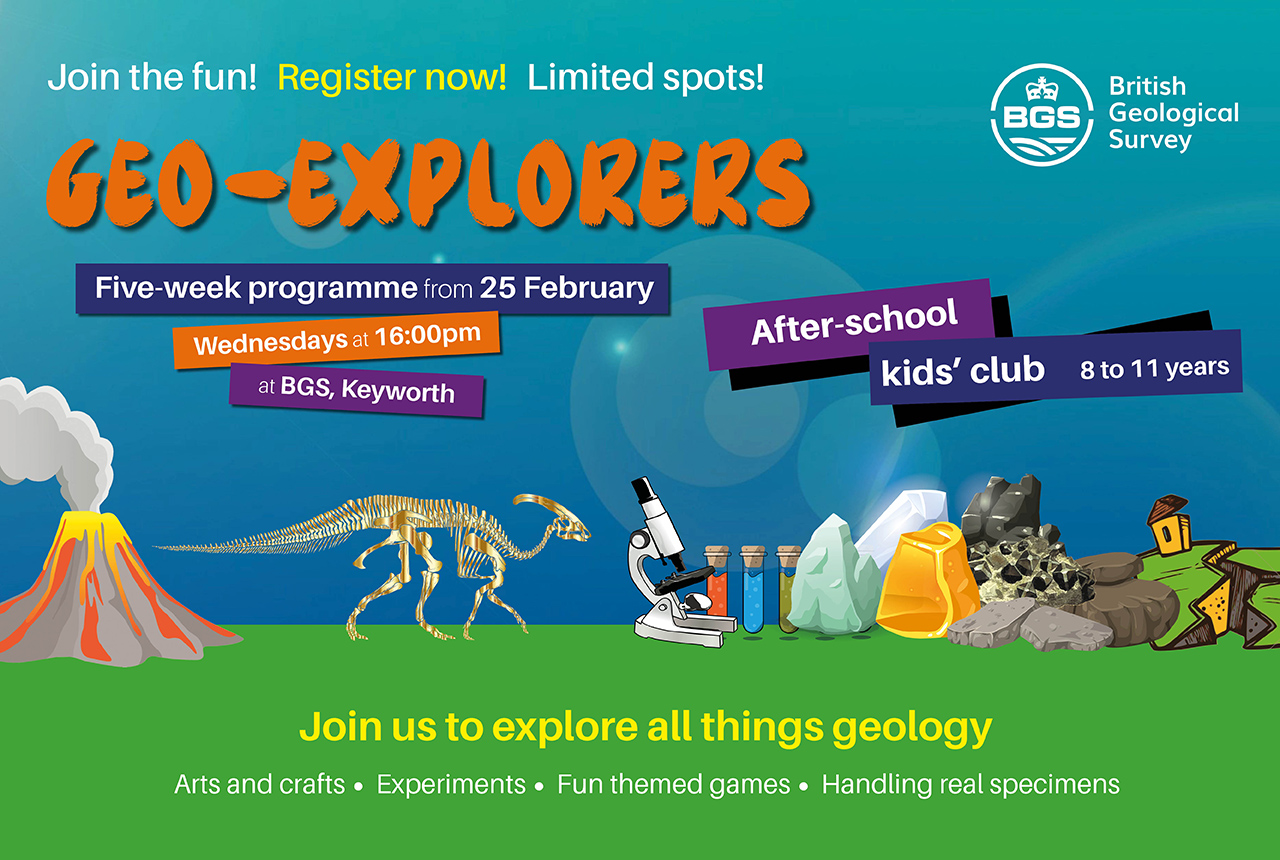
After-school kids’ clubs
Event from 25/02/2026 to 25/03/2026
An after school club for junior geology enthusiasts

Can sandstones under the North Sea unlock the UK’s carbon storage potential?
02/02/2026
For the UK to reach its ambitious target of storing 170 million tonnes of carbon dioxide per year by 2050, it will need to look beyond the current well-studied geographical areas.

Quaternary UK offshore data digitised for the first time
21/01/2026
The offshore wind industry will be boosted by the digitisation of a dataset showing the Quaternary geology at the seabed and the UK’s shallow subsurface.
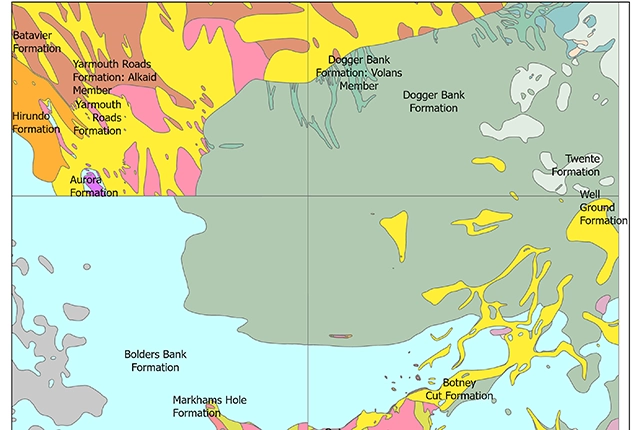
Offshore Quaternary 250K
The 1:250 000-scale offshore geological map for quaternary geology (BGS Geology: marine quaternary 250k) is available digitally.

Suite of ten new soil reference materials released
02/01/2026
BGS has a longstanding track record of producing high-quality reference materials and has released ten new soil reference materials.

Perth and Kinross tops the UK’s earthquake activity charts for 2025
29/12/2025
Seismologists at BGS have published data on the number of seismic events over the past 12 months with over 300 earthquakes recorded.

Hole-y c*@p! How bat excrement is sculpting Borneo’s hidden caves
23/12/2025
BGS researchers have delved into Borneo’s underworld to learn more about how guano deposited by bats and cave-dwelling birds is shaping the subsurface.
You may also be interested in

Africa Groundwater Atlas
The Africa Groundwater Atlas is an online resource providing an introduction to the groundwater resources of 51 African countries, and a gateway to further information.
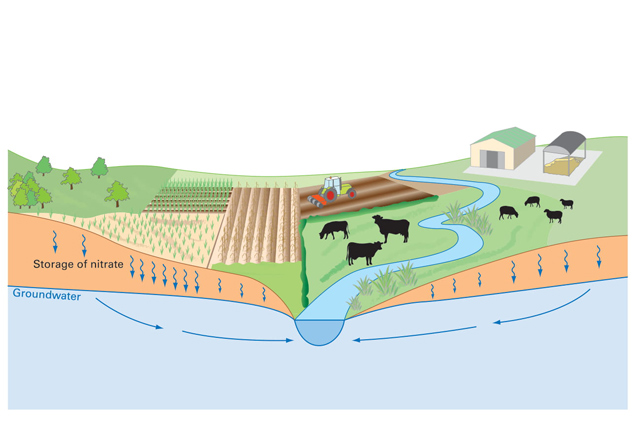
Nitrate time bomb
Nitrate leaching from soils can have negative effects ecosystems and human health.
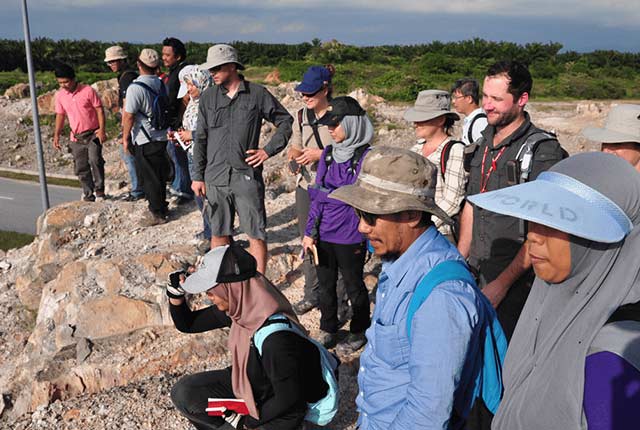
Resilience of Asian cities
Our research aims to improve city resilience by integrating geology into urban subsurface planning and urban-catchment science in India and south-east Asia
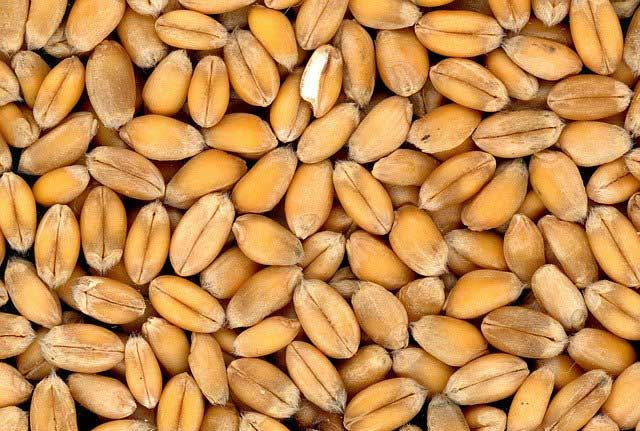
Groundwater challenges in India and Pakistan
We are reconstructing a century of groundwater level records in order to understand the long-term behaviour of groundwater in north-west India and Punjab in Eastern Pakistan.
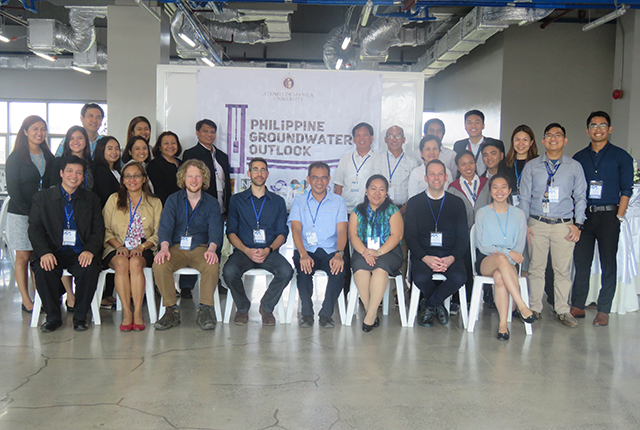
Philippine groundwater outlook
The PhiGO project seeks to undertake assessments of population and climate change impacts on regional groundwater resources and translate these into usable forecasts of flood and drought risk.




